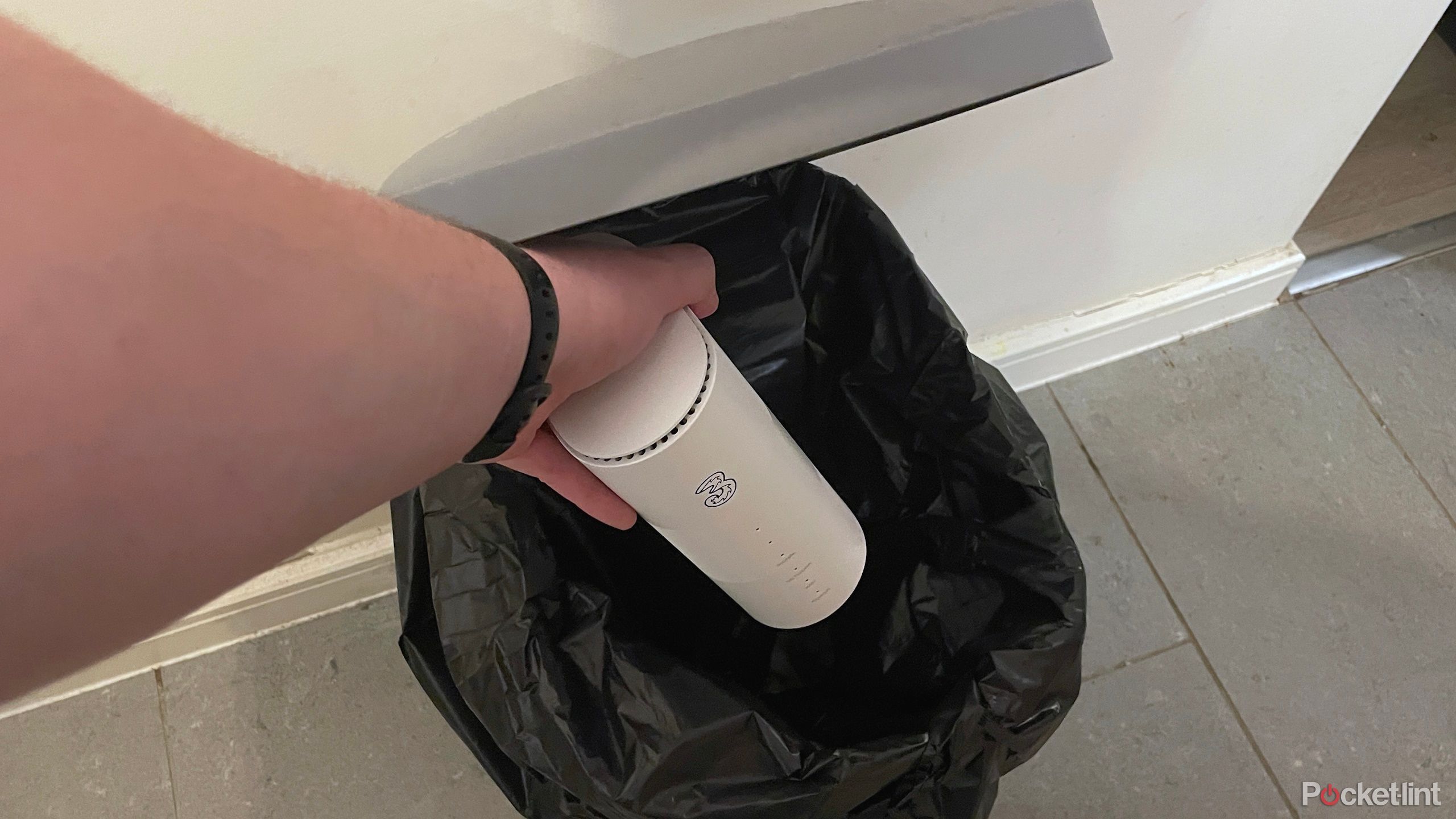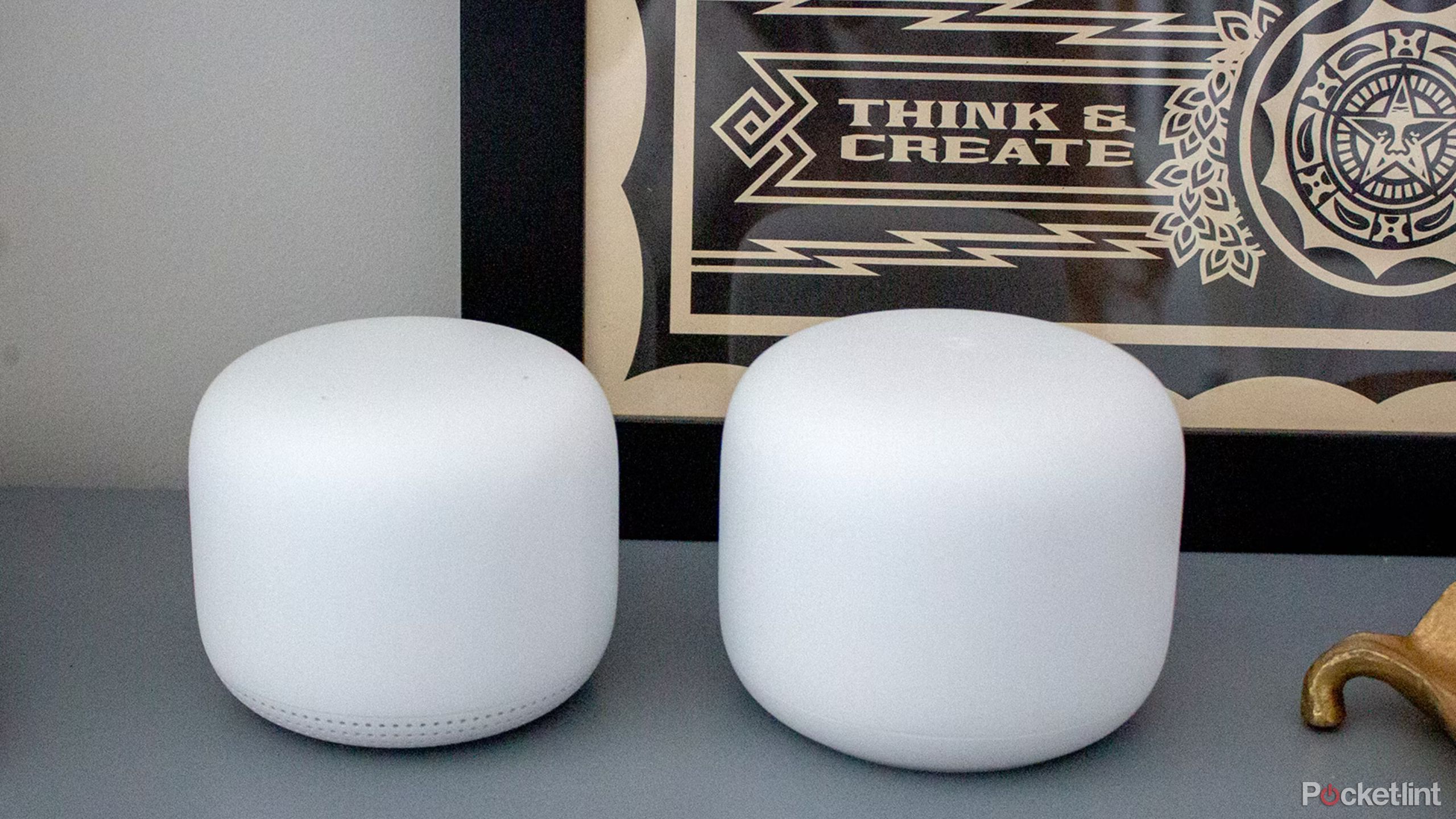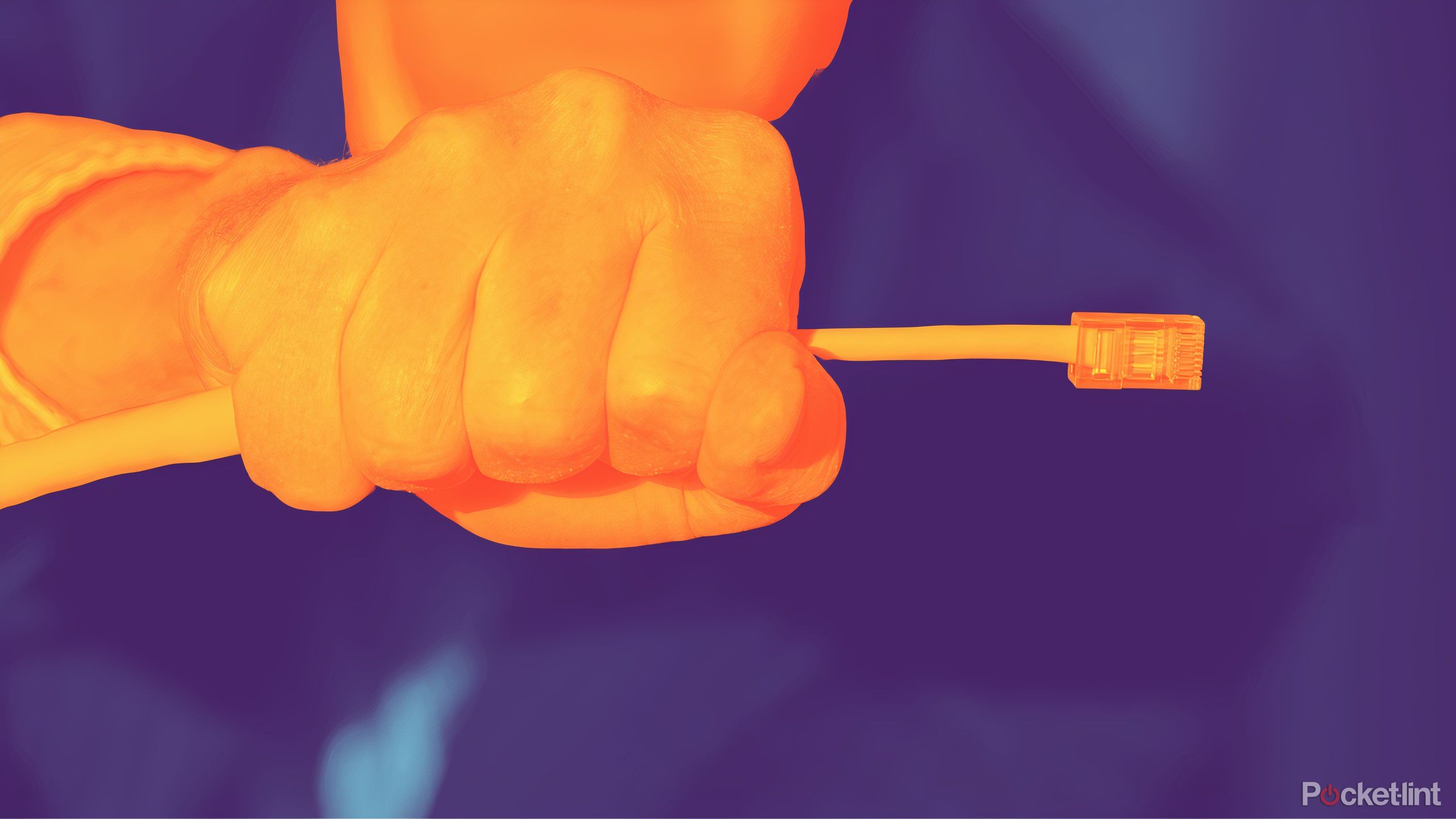Key Takeaways
- FCC restored power to regulate broadband and reinstate net neutrality rules.
- Net neutrality aims to prevent ISPs from choosing what content you access.
- FCC’s reluctance to regulate broadband rates may lead to further controversy.
Net neutrality is back on the menu. After the U.S. Federal Communications Commission (FCC), the government body tasked with setting rules for the nation’s telecommunication industry, abdicated its ability to meaningfully regulate broadband internet in 2018, doing anything to protect the quality and access people had to the internet service was left up to individual states.
Now, thanks to new FCC commissioners installed by the Biden Administration, internet access has been reclassified as a telecommunications service under the purview of the FCC, giving it power once again to regulate broadband internet, reinstate net neutrality rules, and hold internet service providers (ISPs) accountable in a way they previously weren’t able to before.
Pocket-lint spoke to Tejas N. Narechania, Berkeley Law professor, faculty director of the Berkeley Center for Law & Technology, and former Special Counsel to the FCC to get a refresher on net neutrality, learn what the FCC’s decision means, and what could happen next.
The TikTok ban is now law. Here’s what to expect next
Is TikTok really getting banned now that President Biden signed the bill into law? The battle has just begun.
While the basic tenets of net neutrality makes sense, nothing about telecommunications law, or the complicated path the FCC has walked to make it happen, is. So Pocket-lint spoke to Tejas N. Narechania, Berkeley Law professor, faculty director of the Berkeley Center for Law & Technology, and former Special Counsel to the FCC to get a refresher on net neutrality, learn what the FCC’s decision means, and what could happen next.
What is net neutrality?
Internet service providers shouldn’t be able to choose what you can or can’t access on the internet.
< Net neutrality or network neutrality, was popularized as a concept by Tim Wu, a professor of law at Columbia University and former Special Assistant to the President for Technology and Competition Policy, in a 2003 paper called “Network Neutrality, Broadband Discrimination,” but it has existed as a goal for activists and lawmakers before and after.
‘Net neutrality are norms or rules that prevent your internet service provider from choosing what content you view and on the terms you get to view it,’ Narechania says.
Per the FCC’s own definition, net neutrality “prohibits internet service providers from blocking, throttling, or engaging in paid prioritization of lawful content.” Or in even simpler terms, “net neutrality are norms or rules that prevent your internet service provider from choosing what content you view and on the terms you get to view it,” Narechania says.
Maintaining that neutrality is meant to both protect consumers and encourage competition. If AT&T owns HBO Max and decides HBO Max is free to stream on its cellular network (as it did in 2020), that gives HBO Max an advantage with AT&T customers that a competing service like Netflix won’t have.
And net neutrality is really just one component of the larger project of thinking of broadband internet as an essential service on the level of electricity or water.
It also makes it so “AT&T can afford on the margins to make less interesting, less compelling content,” Narechania says. “That’s bad for competition.” Net neutrality rules, like the ones the FCC established prior to 2018 and recently restored on April 25th, 2024, give it the authority to prevent that kind of anticompetitive behavior from happening.
And net neutrality is really just one component of the larger project of thinking of broadband internet as an essential service on the level of electricity or water. The FCC’s method of getting there starts with voting to reclassify internet access from an information service — something it has “very little regulatory authority over,” per Narechania — to a telecommunications service, which the FCC was created to govern.
That gives it the ability to set net neutrality rules, but also do “things like ensuring national security, things like ensuring universal service, things like ensuring affordability and access,” Narechania says.

Can you get by with just 5G home broadband? I tried it to find out
Not yet, anyway. Trust me, I tried it for almost a year.
What problems still need to be solved?
In a post-2020 world, internet access is an essential service
The pandemic made the importance of broadband internet service unavoidable. Work, school, and social lives shifted online (if they weren’t happening there already) and we haven’t fully gone back and likely never will. Restoring net neutrality rules and the FCC’s full authority over broadband internet service will give the Commission the ability to discourage bad behavior from internet service providers, but it doesn’t solve everything.
The biggest problem being, accessing the internet is still very expensive in the United States. A survey US News & World Report published in 2023 found that, of the 3,500 people surveyed, 53% reported paying $20 to $60 when they first signed up for internet service, and 48% reported paying $41 to $80 now. That’s a steep increase, and it’s not even for great service — 36% reported having download speeds of 100Mbps or less.
The Affordable Connectivity Program (ACP) was created by the FCC to address some of these issues by using funding approved by Congress to subsidize internet service, letting recipients choose from a variety of plans regardless of their credit status. But as of April 2024, the ACP is winding down because additional funding was never set aside, despite attempts from FCC Chairwoman Jessica Rosenworcel to get Congress to extend the program.

I tried 7 Chrome alternatives to see which browser is better
If you see Chrome as a vampire draining data, there are alternative browsers. And I tried 7 of them.
What does the FCC want to do now?
How we’re reading the context between the FCC’s language and history
With the context that the cost of internet service is a growing issue that the FCC has tried at least one way to address, the Commission’s stance towards actually regulating broadband rates might seem strange.
“The Commission will exercise its authority over broadband in a narrowly tailored fashion — without rate regulation, tariffing, or unbundling — to foster continued innovation and investment,” the FCC wrote in the press release announcing that it had restored net neutrality. That doesn’t exactly sound good to anyone looking for cheaper internet service, right?
“I think in 2015, the FCC very similarly said, ‘We’re not regulating,'” Narechania says. “As to why…I think regulation is really controversial…it’s politically controversial.”
Setting limits on how much broadband internet should cost or how much internet service providers should be allowed to raise fees would lead to more scrutiny “from lawmakers on both sides of the aisle,” according to Narechania.
The FCC restoring net neutrality has been challenged by ISPs before, and will be again, so not immediately jumping to regulating could be seen as the FCC trying to limit the amount of controversy it has to deal with for now. And that’s why it seems focused on what’s been proven to be popular: enforcing net neutrality rules, safeguarding national security (by revoking foreign state-owned companies’ ability to provide telecommunication services in the US, for example), and taking an active role in addressing internet service outages. That’s not to say the FCC couldn’t regulate broadband rates in the future, of course.
What does a reasonable level of regulation look like?
“The Title II classification [that classifies internet service as a telecommunications service] includes the powers to set rates or to deem rates unjust or unreasonable,” Narechania says. It would just require “a fair amount of legal process” to happen. Specifically, the FCC would have to announce its intentions and hear comments before anything else could happen. And there would naturally be a lot of pushbacks in the Telecom industry.
He [Narechania] thinks it’s not always obvious that you need regulation, but that there are plenty of places across the U.S. where there’s only one reliable provider for broadband internet.
“I’m on the record as sort of having said that I think rate regulation is a good idea,” Narechania says. He thinks it’s not always obvious that you need regulation, but that there are plenty of places across the U.S. where there’s only one reliable provider for broadband internet: “the data shows that those providers charge monopoly prices, and that can really drastically affect the ability of the average consumer to get online.”
Narechania’s paper, “Convergence and the Case for Broadband Regulation” describes how most communication laws were written for a world where bespoke applications were transmitted over bespoke types of transmission services. Phone calls happened over telephone lines, radio broadcasts over radio signals. But now, nearly everything lives on top of the internet, all blended together.
Plenty of applications that run on the internet compete with each other, but Narechina explains that “competition in the application layer doesn’t translate to competition in the physical network layer.” Broadband regulation would be a way to address monopolies that exist in that physical network layer.

Best mesh Wi-Fi systems: Say goodbye to internet dead zones
The best mesh Wi-FI networks provide strong, whole home coverage so you can stay connected.
What happens next?
An expert’s look at the future
Now that the FCC has restored its oversight over broadband internet and brought back net neutrality, the ball is in ISPs’ court. “The most immediate reaction from industry is going to be a lawsuit.” Narechania says.
“This case will go at least to the DC circuit, or will go at least to a federal court of appeals, probably all the way to the Supreme Court.” The FCC deciding to wield its power or Telecom companies trying to test the limits of net neutrality isn’t likely to happen until these legal battles play out.
In the meantime, a hard fought battle to protect our use and access to the internet was won, and standards and rules are allowed once again to exist in the meantime. Guaranteeing an open internet for everyone is not a short climb, but the FCC has its foothold again, and the climb can continue.

What EVs qualify for the US government’s $7,500 tax credit?
Here’s everything you need to know about obtaining a government rebate on a new EV.
Trending Products

Cooler Master MasterBox Q300L Micro-ATX Tower with Magnetic Design Dust Filter, Transparent Acrylic Side Panel, Adjustable I/O & Fully Ventilated Airflow, Black (MCB-Q300L-KANN-S00)

ASUS TUF Gaming GT301 ZAKU II Edition ATX mid-Tower Compact case with Tempered Glass Side Panel, Honeycomb Front Panel, 120mm Aura Addressable RGB Fan, Headphone Hanger,360mm Radiator, Gundam Edition

ASUS TUF Gaming GT501 Mid-Tower Computer Case for up to EATX Motherboards with USB 3.0 Front Panel Cases GT501/GRY/WITH Handle

be quiet! Pure Base 500DX ATX Mid Tower PC case | ARGB | 3 Pre-Installed Pure Wings 2 Fans | Tempered Glass Window | Black | BGW37

ASUS ROG Strix Helios GX601 White Edition RGB Mid-Tower Computer Case for ATX/EATX Motherboards with tempered glass, aluminum frame, GPU braces, 420mm radiator support and Aura Sync














